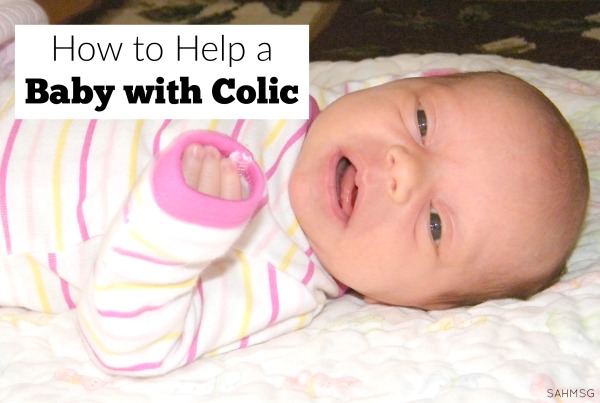
Looking at the clock made it so much harder. The darkness outside and early hour of the morning was leaving me with little patience. Wanting to cuddle and comfort my baby in the hours of fussiness left me on the thin line of frustration. Not finding a solution to the fuzziness made me wonder how to help a baby with colic.
Feeding, holding, shushing was not working. I dug deep to keep from getting upset, but I was much getting worn out. Considering this little baby was not doing anything wrong. All of my kids have gone through fussy stages. Most of these stages meant I was awake at night with a screaming child.
This little baby just needed me. Her body was making her feel yucky to the point of being upset, in the middle of the night, for hours.
This lasted for days in a row.
I hated bedtime. It was not a time of rest for me after the twins were born. It was a time of knowing sleep would fly away like a feather in the wind. You try to be positive, to keep hope alive, but every night would be pretty draining.
My life had not challenged me as much as a fussy baby, especially when that fussiness didn’t show up until the middle of the night.
Crying is a way for babies to express how they feel. All babies cry. It’s natural!
In their first year of life, babies are learning to communicate with us, and crying is a way for them to express themselves. Some babies can cry for long periods of time without responding to our comforting. This can happen even if they are not hungry and everything seems well.
My babies were all breastfed, although I did switch my oldest to formula at 6 months old.
Whether you try to breastfeed and decide to switch to formula, or stick with breastfeeding you have options for how to help a baby with colic or fussiness.
About Colic and Fussiness
Sometimes babies are just fussy at different stages of their life.
Does your child show the symptoms of colic?
Soothing a crying baby starts with the same game plan as how to help a baby with colic.
Colic is usually when a healthy baby cries for more than 3 hours a day, at least 3 days a week, for over 3 weeks. Among the reasons for excessive crying can is digestive discomfort, and Infantile colic is a symptom of that.
The good news is most research suggests colic ends by 4 months, and peaks around 4 to 6 weeks of age. Just as we get our babies into a feeding and sleeping routine (maybe) the situation can change.
Don’t despair like I did. Stay focused on how to help a baby with colic. These tips and resources will guide you through fussiness and give you options if changes are needed.

Tips to Help a Baby with Colic
-These tips for soothing a baby with colic are great to start.
-Keeping these tips for coping with colic in mind will help you be proactive.
–Gerber® Soothe™ Probiotic drops for breastfed babies may be a helpful option.
Research indicates that the type of bacteria in the infant’s digestive system may determine whether a child is colicky. This suggests a role for probiotics to help support a balance of good bacteria in the digestive tract of colicky infants. In particular, the probiotic Lactobacillus reuteri has been clinically shown in multiple studies to reducing crying time in colicky infants.
Comforting probiotics are a great way to improve the good bacteria in baby’s digestive system.
Gerber Soothe® probiotic Colic Drops contain comforting probiotic L. reuteri which is a probiotic that is safe for infants. It has been clinically shown to significantly reduce crying time in colicky babies
Gerber® Soothe probiotics is a supplement probiotic. This product is not intended to treat or cure any disease.
–Gerber® Soothe formula for bottle fed babies
GERBER® Soothe™ products (Drops and powder formula) contain L. reuteri is a comforting probiotic that is safe for infants and similar to those found in breastmilk. Gerber ® Good Start® Soothe Infant formula is specially designed to ease excessive crying, colic, fussiness and gas while providing complete nutrition.
Gerber® Good Start® Soothe is a routine infant formula. This formula is not intended to treat or cure any disease.
Gerber® even has different experts available to answer your questions about fussiness and colic. You can call them directly at 1-800-203-4565. Their promise is “Less crying for babies. More smiling for all.”
There are so many types of formula out there. You have options if your baby does not do well on one or another. Gerber Soothe infant formula may be your #formulaforhappiness to help a baby with colic.
-Changing a bit of your lifestyle may be necessary, but there are many home remedies for colic.
–Essential oils are great for supporting a baby with colic or a baby who is just fussy now and then.
Try Lavender or Peace & Calming from a reputable, trusted essential oils company. (I buy these oils.)
Always check with your child’s doctor if you suspect your baby has colic and before making changes to baby’s diet.
*If your baby does not technically have colic, try these ideas to calm a fussy baby.
What was your #formulaforhappiness for soothing your fussy baby?
(This blog post is sponsored by Gerber® Good Start® Soothe. I received a sample in exchange for this post. All opinions are my own.)

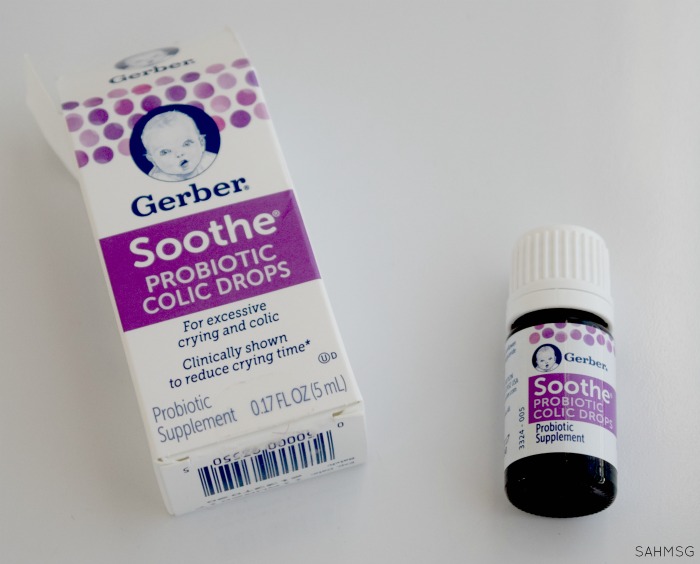
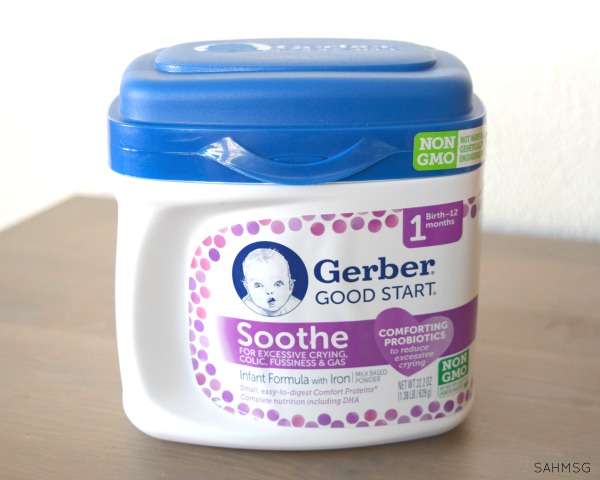
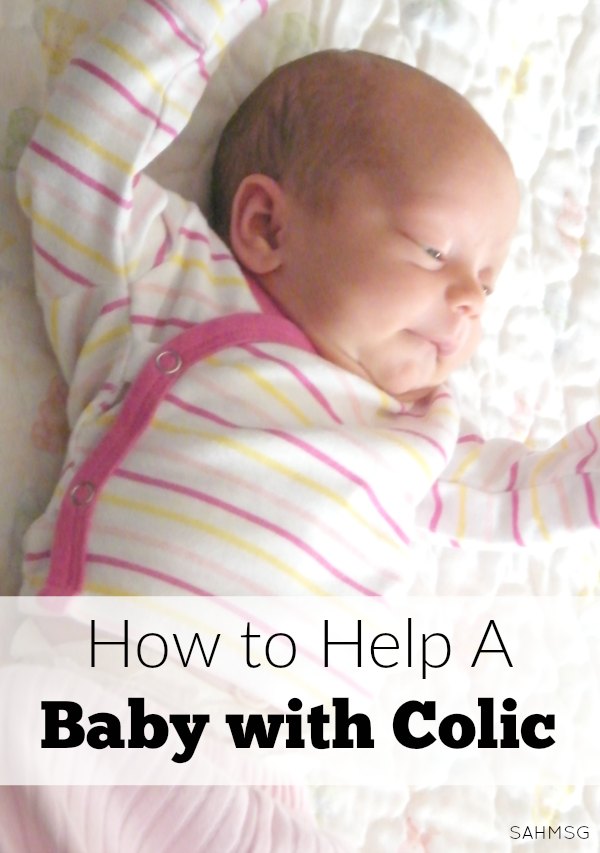




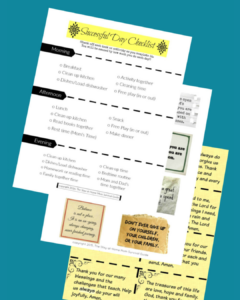

My 4 weeks old had colic, really bad one. I was listening his crying all the time that was driving me crazy. I tried every possible remedy under the sun but nothing was going to help my poor little one unless I put hm on Babies magic tea. It was like a miracle for my boy.
I have not heard of that. Glad you found something that worked for you and your little one.
Good post! To help a baby with colic, you can carry your baby on your arms and go for a stroll or using car ride. Sometimes, he/she needs a change of scenery before going a asleep for a little while.
I always encourage moms to do a lot of holding of their baby for sure-colic or not. Thanks for the tips!
Great blog you’ve got here. It’s packed full of lots of information about colic remedies and colic in babies